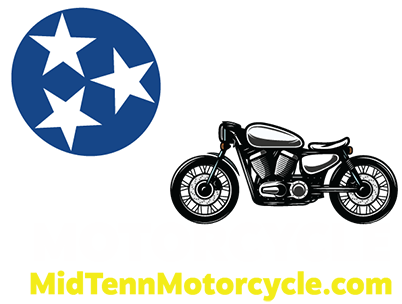Asked Questions
The online eCourse covers the MSF rider handbook and prepares you for class. You will complete this on your own time before you attend the in-person hands on training. Completion is required before we can issue your license waiver. Once you register for class you will receive the link to register for the MSF eCourse in your confirmation email. The course takes approximately 5 hours to complete.
Those taking the Basic RiderCourse are furnished training motorcycles for class. Those taking the Experienced Rider Course/Basic Rider Course II will need a licensed and insured motorcycle to take class or need to rent one from us for an additional charge of $99.00.
Class starts on Saturday at the designated time on your registration email
- You need to arrive before the designated time on your email with all the appropriate gear. We have you fill out and sign liability waivers.
- We then cover class introductions, sponsors, liability statements, course requirements and the class schedule.
- With you standing by the motorcycles and geared up, we go over the various motorcycle controls.
- We cover the range rules and hand signals, and then begin the riding range exercises. We take short breaks as appropriate.
- At some point during the 2 days administer the Knowledge Test.
Class starts again on Sunday morning at the designated time
- Students who arrive early may warm up on one of the exercises from Saturday, and those needing a little more attention can be coached before class starts.
- We finish the range exercises, and take time for skills practice.
- We then administer the Skills Evaluation.
- Finally, we briefly review the course, and graduate the class.
CANCELLATIONS: To receive a refund, you must cancel at least 10 business days before your first scheduled class. The refund will be issued minus a fee for the eCourse and associated costs.
RETAKES: Students who do not pass class, who are counseled out, or for any reason choose to leave class may reschedule the next available class for a discount rate.
